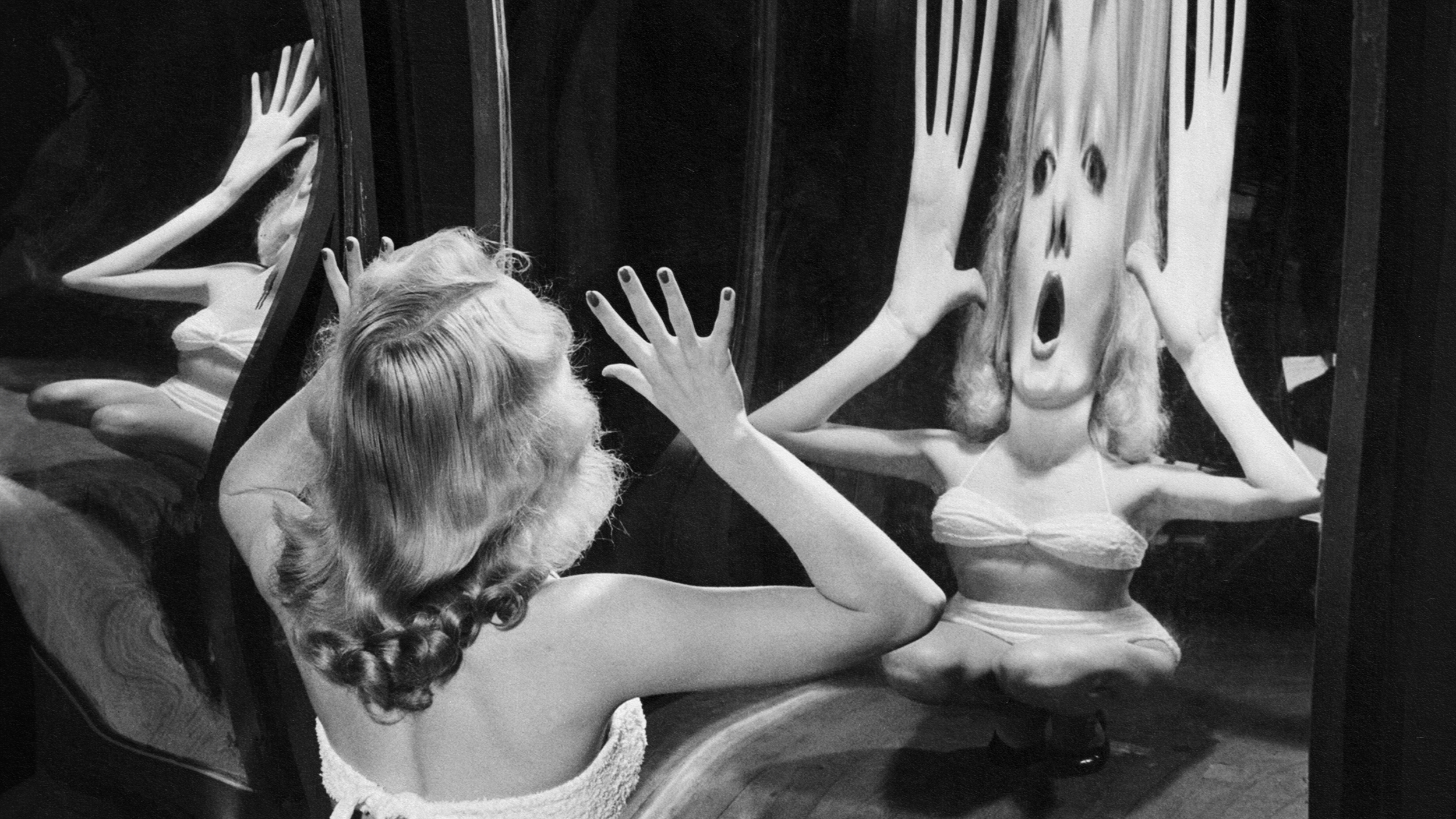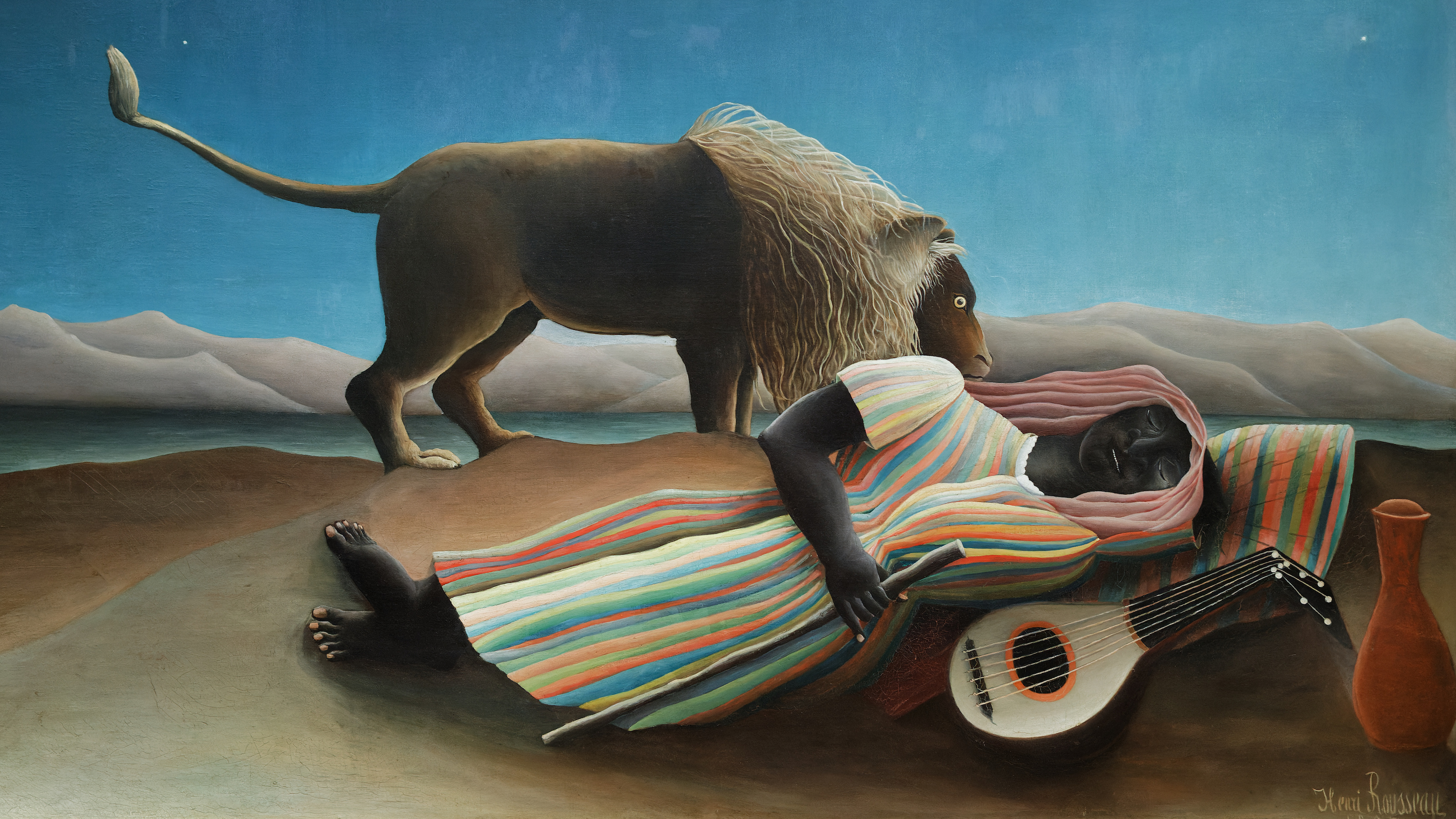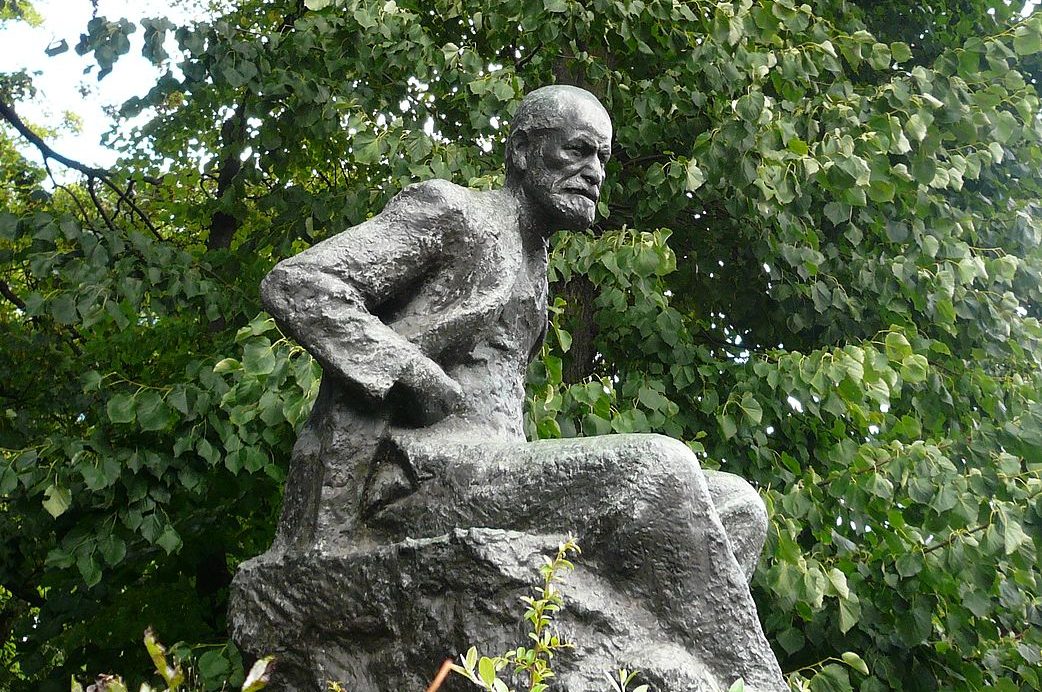The Chiron effect: Are “wounded healers” better healers?

- A figure from Greek mythology, Chiron is often seen as the prototypical wounded healer after being poisoned and experiencing immense pain.
- The Chiron effect is the idea that a healer who has experienced trauma can use that experience to provide more effective, empathic healing.
- Carl Jung, a Swiss psychotherapist, further developed the concept, emphasizing the importance of therapists who have gone through their own trauma, but rigorous research is lacking.
Bret broke up with his long-term girlfriend. He’s lonely and cries more often than anyone knows. Stuck in a dark place, he picks up the phone and messages Anth. Anth isn’t a close friend, but Bret picked him over his dad, his brother, and his best friend is because Anth went through a brutal divorce last year. He knows what this pain feels like.
Ellen has just been told she has breast cancer. The doctor, though young, is friendly and says all the right things, but she still wants to scream in his face. He gives Ellen a leaflet. It has undoubtedly passed eight rounds of medically rigorous editing, but she throws it in the bin after one read. Later, a nurse says to her, “Oh, I had breast cancer five years ago. All clear now.” And Ellen looks up. Suddenly, she wants to know everything this nurse has to say.
Jamie is an alcoholic who has been dry for 13 years. He tried to give up on his own but always failed. He asked his friends and his family. He even tried a therapist, but no one could help. The day Jamie finally quit was at his first Alcoholics Anonymous meeting when the group leader said, “My name is Bill; I’m an alcoholic.”
All three stories are about a well-documented phenomenon called the Chiron effect, more commonly known as the “wounded healer” theory.
Hurt-earned wisdom
The effect takes its name from Chiron, a centaur who played a crucial role in much of Greek mythology, often during the “hero’s origin” chapter of a tale.
Chiron was abandoned by his mother, the nymph Philyra, when he was only an infant. The young boy-horse was later found by Apollo, the god of medicine, who took him in and taught him a thing or two about the healing craft. Chiron’s skills became known throughout Greece, but only after Hercules accidentally pierced him with a poison arrow did his renown and healing powers grow into the stuff of legend.
Because Chiron was immortal, the poison did not kill him, and he spent his days crippled with agony. Even so, he continued to tend and mend the great heroes of Greek mythology — names such as Achilles, Jason, and Asclepius. But even divinities have their limits. Eventually, Chiron renounced his immortality and, upon his death, joined the stars.
Chiron was the prototypical wounded healer. His deep, pain-steeped voice could say, “I know what it’s like.” He could salve and soothe great gashes and screaming pain with the kindness of someone who knew. All of the indignant pride and blazing vanity of Greece’s finest warriors would come up short against the great pools of suffering that lay in Chiron’s eyes. His healing was the best because he himself was wounded.
Feeling Jung again
We owe most of our modern understanding of the wounded healer to the Swiss psychotherapist Carl Jung. According to Jung, the best therapist is someone who has experienced trauma and come out the other side. They are the spirit guides who have been to the underworld but know the way back. The reason this is important is that the wounded psychotherapist can recognize the telltale signs of affliction, especially if those buried under denial or suppression.
Jung was not blind to the double-edged element of this, though. While a wounded therapist may relate to and identify with a patient more than a textbook-led one, they also risk projecting or transferring their issues onto a patient. A psychotherapist who had a troubled relationship with their father might say everyone has a troubled paternal relationship. A good wounded healer, though, recognizes this and is generally wiser for their wounding.
Psychotherapy often walks an uneasy line between psychology and spiritualism, and it’s no surprise that the motifs of a wounded healer appear in much theology. Many religions involve ritual purification or sacrifice of the “old” you to be reborn in a newer, holier version. You must purge yourself and wound yourself if you are to grow. Knitted bones are stronger; wounded healers are better.
Breathing science into myth
So far, we have seen the idea of a wounded healer as faith, fiction, and psychoanalysis. None of which holds up well in a clinical, empirical environment. How much evidence is there, then, for the wounded healer hypothesis?
In a medical setting, wounded healers are valued but not necessarily any more clinically proficient. An oncologist does not have to have had cancer to be excellent at her job. But according to one study from 2015, when it comes to getting treatment, patients want a medical practitioner who is both proficient and caring. What the researchers discovered in their study was that doctors “who have a personal experience of illness have a statistically higher empathy score.” Wounded healers are more caring, and being more caring is important to patients.
A similar, more recent study documented the same thing among COVID-19 nurses. Those who had contracted it “returned to caring for patients with increased compassion and attention to basic needs.”
In a psychotherapeutic setting, things are a little more opaque. As with psychoanalysis more generally, studies on this subject are slippery and hard to confirm or refute rigorously. There are several anecdotal or small-scale interview studies, and these seem to argue that therapists are often “wounded” in some way.
However, these studies suffer from two problems. The first is that they are few and involve tiny samples. The second, more significant problem is how to classify “wounded” in a psychoanalytic way. Almost all psychoanalytic schools argue most humans have some trauma, be it repressed or acknowledged. A psychoanalytic therapist is never going to claim they are immune from such trauma and healing. To do so would be to undermine their school of thought.
That said, there is still an intuitive heft to the Chiron effect. Misery enjoys company, and it takes one to know one. The school of hard knocks makes you wise. When you are in trouble or pain, you want someone who understands what it’s like and can offer a practical, relatable way out.





